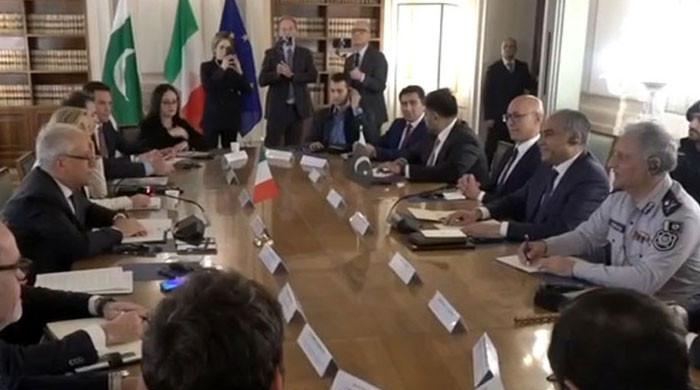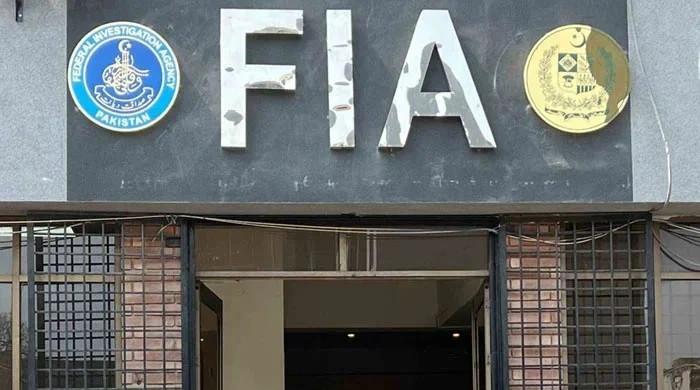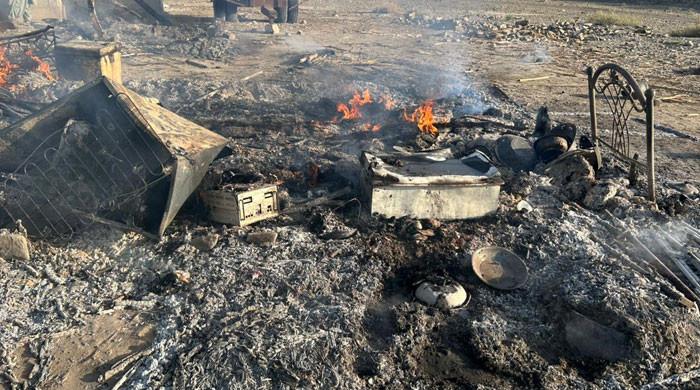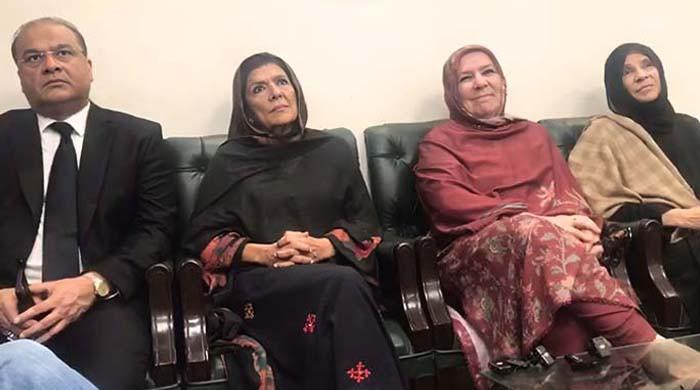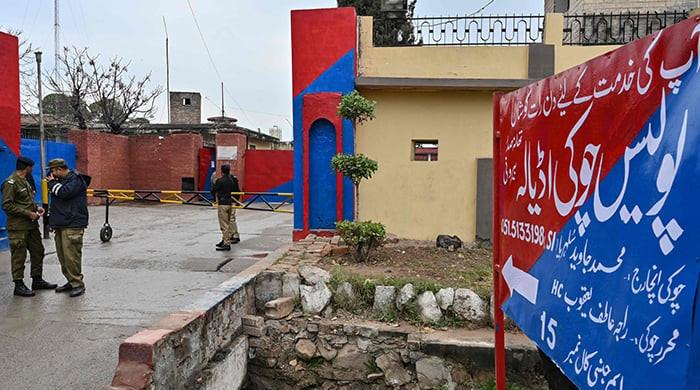FBR chief says Rs956bn 'whitened' but not all invested back in economy
FBR Chairman Dr Ashfaq Ahmed says inability to recover all whitened money through tax amnesty killed scheme's main purpose
March 23, 2022
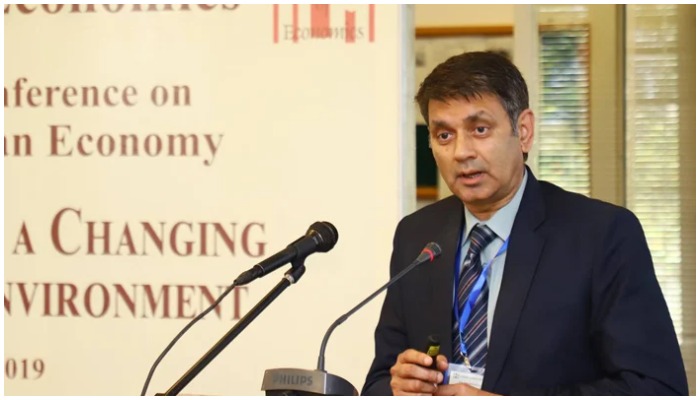
- Ahmed says inability to recover all whitened money through tax amnesty killed scheme's main purpose.
- Says FBR was not satisfied with outcome of last amnesty scheme.
- Promises FBR would provide incentives on investment in sick industries under industrial support package.
KARACHI: Federal Board of Revenue (FBR) Chairman Dr Ashfaq Ahmed on Tuesday revealed that a total of Rs956 billion was whitened through the latest tax amnesty, The News reported.
However, he said that not all of this money could be invested back in the economy which killed the main purpose of the scheme.
Dr Ahmed made the statement while responding to a demand for another amnesty scheme by the industry to facilitate investment during an interaction with businessmen at Federation of Pakistan Chambers of Commerce and Industry’s (FPCCI) Karachi office.
“The board was not satisfied with the outcome of the last amnesty scheme as it did not achieve its objective, which was the development of productive assets,” Ahmed said.
He went on to say that the FBR would provide incentives on investment in sick industries under the industrial support package.
These breaks would also be granted on import of machinery for establishing new industries, he added.
In this regard, the FBR chairman asked the business community to prepare sector-specific recommendations that could be incorporated into the budget-making exercise.
All of the industry's wishes cannot be fulfilled but the proposals would be taken seriously and genuine concerns of the business community be addressed, he added.
Ahmed informed his audience that only 20 percent of the retail sector size was being recorded, while the rest remained unrecorded.
The country had to go to the International Monetary Fund (IMF) several times and there was no other way than increasing tax collection to meet the budgetary expenses.
He said that there were many people, who were living lavish lives but were not even in the tax net.
“There is a need to increase taxes by increasing the tax net,” he said.
Meanwhile, he warned the pharmaceutical industry against any protest strikes as they had no other option but to follow the law of the land, adding the pharmaceutical companies were not charity organisations.
Pharmaceutical companies recently announced they would go on strike if their issues of tax refunds were not addressed.
The FBR performed well despite the debilitating economic conditions arising out of Covid-19 pandemic and collected record taxes, the chairman said, while hoping to soon achieve a Tax-to-GDP ratio of 12 percent.




